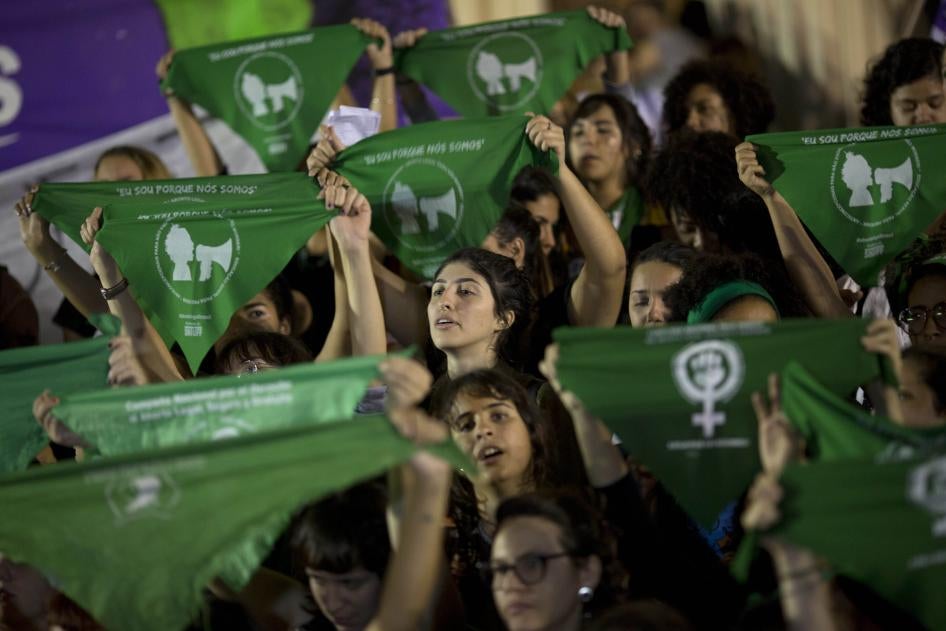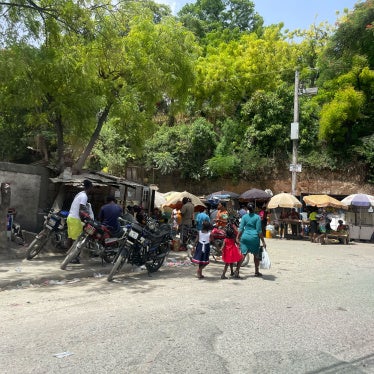Earlier this month, a 10-year-old-girl in Espírito Santo State, Brazil, discovered she was pregnant after 4 years of repeated rape by her uncle, who threatened her to keep quiet. The girl, who lives with her extended family, wanted to end the pregnancy, which could have endangered her life at such a young age. Under Brazilian law, which allows abortions in cases of rape and when it is necessary to save the pregnant person’s life, she had the right to do so. However, the hospital where she was admitted refused to perform the abortion, alleging it did not have the authority to conduct the procedure. Following a judge’s intervention and a 900-mile journey to receive care, the girl finally had the abortion on August 17.
But her ordeal didn’t end there.
Following the judge’s ruling, an anti-abortion activist published the girl’s name and the name of the hospital where she would have the procedure, in violation of Brazilian law. Anti-abortion protesters then blocked access to the hospital and harassed and insulted its personnel. When the girl arrived, she had to enter the facility hidden in the trunk of a minivan. She was holding on to two stuffed animals.
Sadly, this girl’s case is far from uncommon in Brazil. Studies estimate that every hour, 4 Brazilian girls aged up to 13 are raped. In most cases, the perpetrator is a relative. Even though they are entitled to a legal abortion, it can be nearly impossible to access one. Only 76 hospitals, in a country of 210 million people, were performing legal abortions in 2019. In June, that number shrunk to 42 due to the Covid-19 pandemic. Under international human rights law, denying or delaying abortion access for rape survivors can amount to torture. Brazil has to do better to ensure at least that the restrictive categories of persons allowed legal abortions there can access them, and safely.
Human Rights Watch has also documented the devastating consequences of Brazil’s severe abortion restrictions and urged authorities to expand access to safe and legal abortion beyond existing categories: rape, when it is necessary to save the pregnant person’s life, or when the fetus has anencephaly.
Every woman and girl should be able to exercise her reproductive rights, live without fear of violence or discrimination, and maintain her health, privacy, and dignity. Brazil’s harsh abortion restrictions and failure to ensure access to it are putting millions of them at risk.
|
Dispatches
A 10-Year-Old Girl’s Ordeal to Have a Legal Abortion in Brazil
Reproductive Rights Reform, Greater Access to Care Needed
Your tax deductible gift can help stop human rights violations and save lives around the world.
Most Viewed
-
June 3, 2025
“They’re Ruining People’s Lives”

-
January 25, 2024
“We’re Dying Here”

-
April 27, 2021
A Threshold Crossed

-
November 25, 2019
A Dirty Investment

-
November 19, 2012
Losing Humanity





